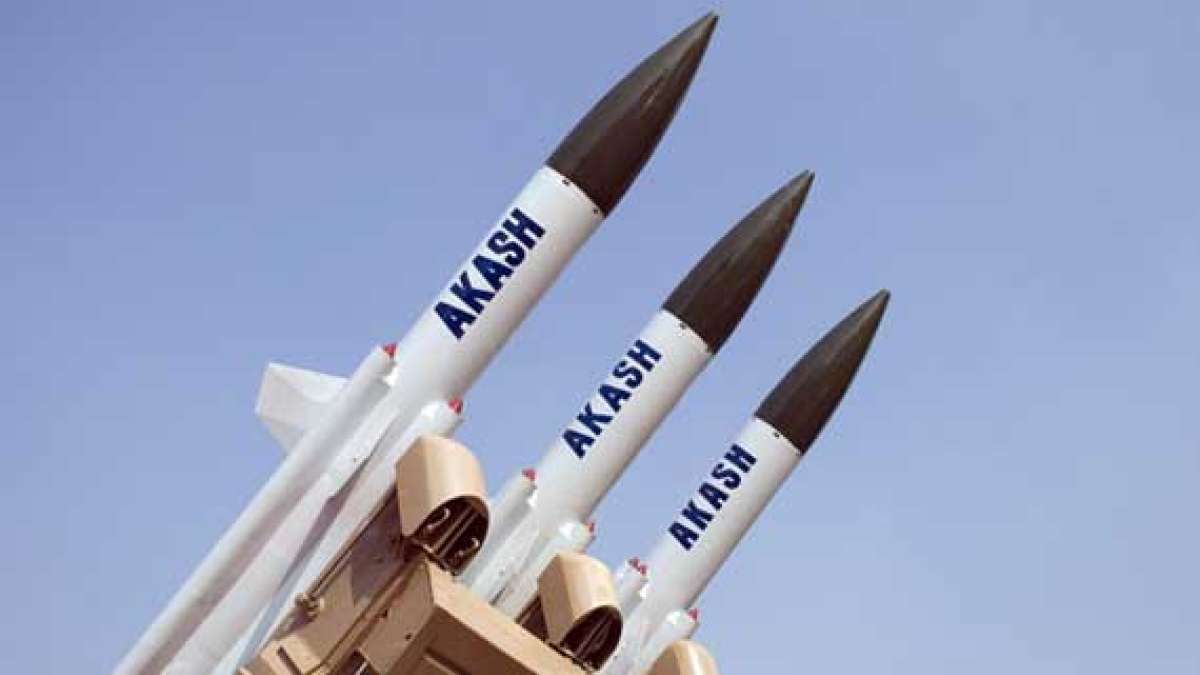India Bolsters Armenia with $720 Million Akash-1S Deal Amid Shifting South Caucasus Dynamics
New Delhi’s growing defense partnership with Yerevan has taken a significant step forward with the ongoing delivery of the Akash-1S air defense system, part of a $720 million contract signed in 2022. The deal, which includes 15 missile systems, saw its first batch shipped to Armenia in November 2024, with the next expected after July 2025. This transaction marks Armenia as the first international buyer of the indigenously developed Akash-1S, underscoring India’s rising profile as a global arms exporter.

The Akash-1SThe Akash-1S, a medium-range surface-to-air missile system developed by India’s Defence Research and Development Organisation (DRDO), boasts a 45-70 km range and a 90-100% interception rate, capable of neutralizing drones, fighter jets, and cruise missiles. Its deployment in Armenia is seen as a strategic enhancement of Yerevan’s air defense capabilities, particularly against Azerbaijan’s drone-heavy arsenal, which proved decisive in the 2020 and 2023 Nagorno-Karabakh conflicts.
India’s defense exports to Armenia extend beyond the Akash-1S. Since 2020, Yerevan has procured Pinaka multi-barrel rocket launchers, Swathi weapon-locating radars, and the Indo-French Trajan 155mm artillery system, with total deals exceeding $1 billion. This deepening military cooperation reflects shared geopolitical interests, as both nations navigate tensions with neighbors—India with Pakistan and Armenia with Azerbaijan.
The timing of the Akash-1SAkash-1S deliveries has drawn attention amid recent India-Pakistan tensions, particularly following the April 2025 Pahalgam attack and subsequent military exchanges. Azerbaijan, alongside Turkey, publicly supported Pakistan, prompting speculation that India’s arms supplies to Armenia serve as a countermeasure. However, analysts suggest the deal’s roots lie in long-term strategic alignment rather than short-term retaliation. “India’s engagement with Armenia predates the latest India-Pakistan flare-up,” said Dr. Anjali Gupta, a South Asia defense analyst. “It’s more about diversifying India’s defense markets and countering Turkey’s influence in the Caucasus.”
Armenia’s acquisition of the Akash-1S has sparked mixed reactions. While it bolsters Yerevan’s defenses, some experts question the system’s relevance, noting that India is transitioning to the more advanced Akash-NG domestically. Azerbaijan, confident in its military superiority after reclaiming Nagorno-Karabakh in 2023, has downplayed the deal’s impact. “No weapon system will shift the regional balance,” an Azerbaijani defense official stated, citing Baku’s access to Turkish and Israeli technology.
The India-Armenia partnership extends beyond arms sales. Diplomatic exchanges have intensified, with Armenian leaders regularly attending India’s Raisina Dialogue and a 2025 memorandum of understanding on medical regulation cooperation. Armenia’s interest in BRICS observer status further aligns it with India’s global vision.
As India expands its defense footprint, the Akash-1S deal signals New Delhi’s intent to play a larger role in the South Caucasus, a region fraught with competing powers.

